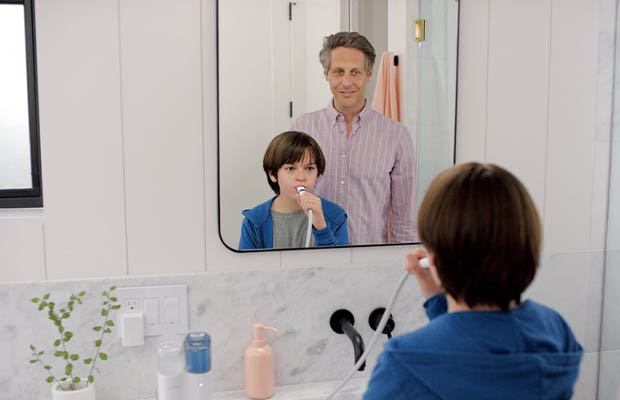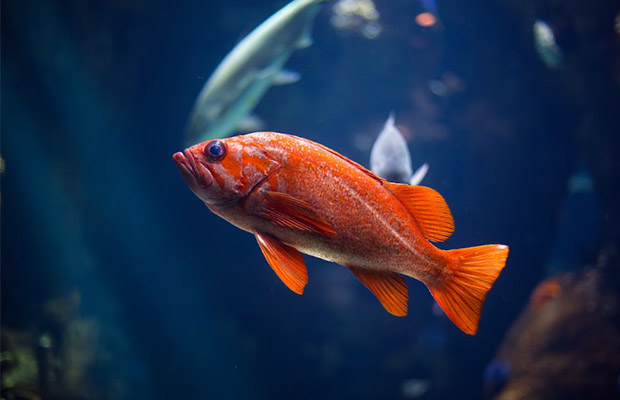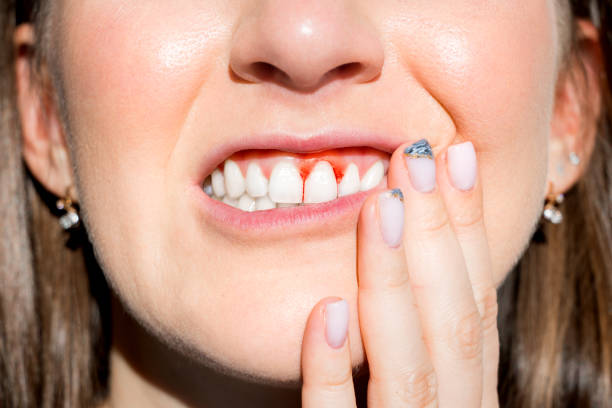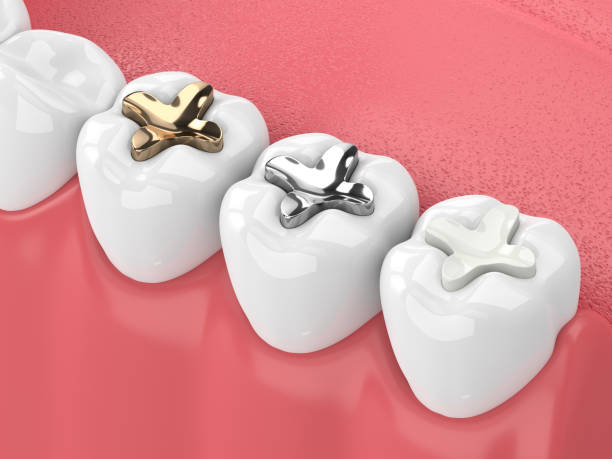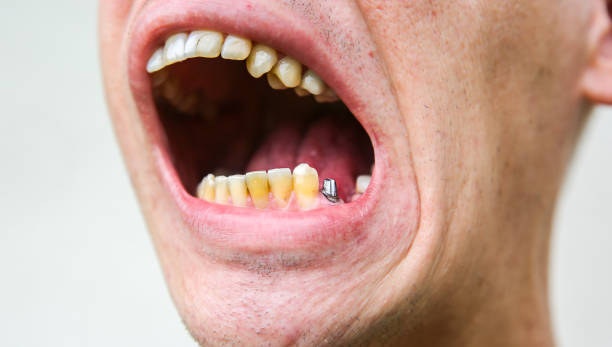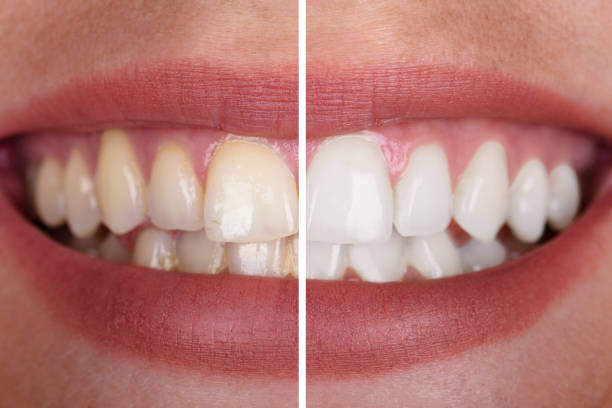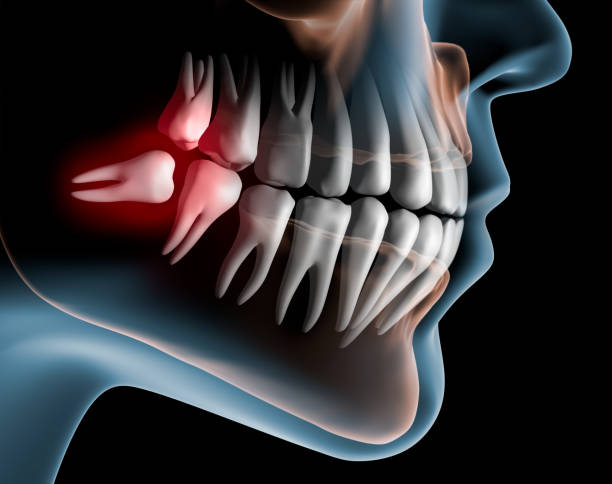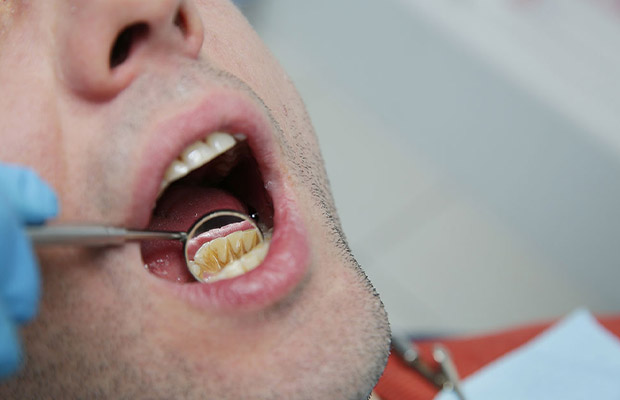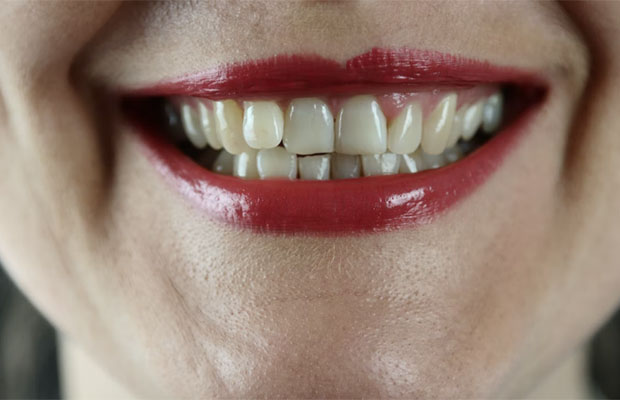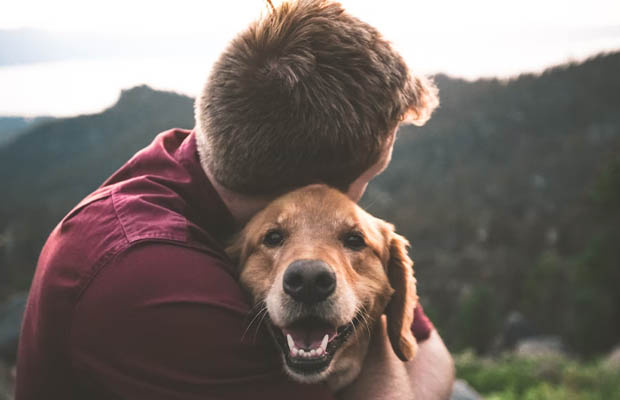Maintaining a general state of well-being depends heavily on good dental hygiene. The query “How often should I brush my teeth?” may seem simple; however, it’s a little more complicated than you might think. The amount of time you spend brushing your teeth each day will depend on your diet and daily routine.
Table of Contents
How Often Should You Brush Your Teeth?
For a very long time, brushing your teeth once a day was thought to be more than enough. However, the American Tooth Association has increased the advice to twice a day for maximum dental health because more and more foods contain sugars and processed chemical substances.
In order to cover all the bases, they now say, “at least twice a day.”
Not all of the reasons for the rise are related to changes in our diet. Long ago, dentists and experts in orthodontics learned that people frequently neglect to wash their teeth properly or for the recommended amount of time. The likelihood that we’ll do it correctly can be increased by advising that we do it at least twice each day (others propose once after each meal instead).
Brushing Method
When you exercise, using poor form practically negates your work. The same is true when you wash your teeth. It takes more than one rapid pass around the mouth to get rid of bacteria and plaque. The American Dental Association (ADA) suggests brushing at a 45-degree angle, softly, and in short strokes, making sure to cover all surfaces. Don’t forget to brush your tongue since germs can build up in crevices like taste buds and create bad breath as well as other, potentially more serious problems.
How Long After Brushing Teeth Should You Wait?
Wait 30 minutes after brushing before eating, and 30 minutes after brushing after consuming any liquids or solids. In case you were wondering, fluoride toothpaste should be used as frequently as possible, and alcohol-free mouthwash is preferable.
Try to have a professional cleaning at least twice a year to maintain optimal dental health. Professional dental cleanings protect teeth from degeneration and decay.
Ensuring Long-Term Whitening of Your Teeth
It’s common to forget to brush once in a while, but if it becomes a habit, you need to put procedures in place to make sure you don’t stray. To automatically be reminded when to wash your teeth, try setting a timer on your phone.
The short answer is, at the very least twice every day. It would be ideal if you could clean your teeth at least three times every day.
Other Tips to Keep Your Mouth Healthy
- Always floss.
- After brushing and flossing, rinse with mouthwash.
- Take in a lot of water.
- Eat healthily and avoid sugary foods and beverages.
- Limit your munching.
- Every three to four months, or sooner if the bristles are crooked or spread, you should replace your toothbrush.
- Make appointments for routine X-rays and cleanings at the dentist.
Last Words
The history of tooth brushing is strange. For a variety of reasons, our ancestors didn’t have to do it, so there isn’t any ingrained standard for what it is or how we are supposed to complete it.
Before becoming what it is today, the modern toothbrush underwent many changes, from the primitive inventions of the ancient Egyptians to one English rioter’s logical view of the archaic practices in his country.
It’s understandable why dentists and orthodontists advise people to brush their teeth for at least 2 minutes at a time and at least twice a day given the rise of foods high in sugar and the growing deficiency of essential minerals in the modern diet.
Although it may seem like an inconvenience, a modern diet necessitates daily tooth brushing unless you plan on living in a cave and foraging for food as the ancients did. After all, preventing tooth decay and maintaining your attractive smile is a reward in and of itself.

